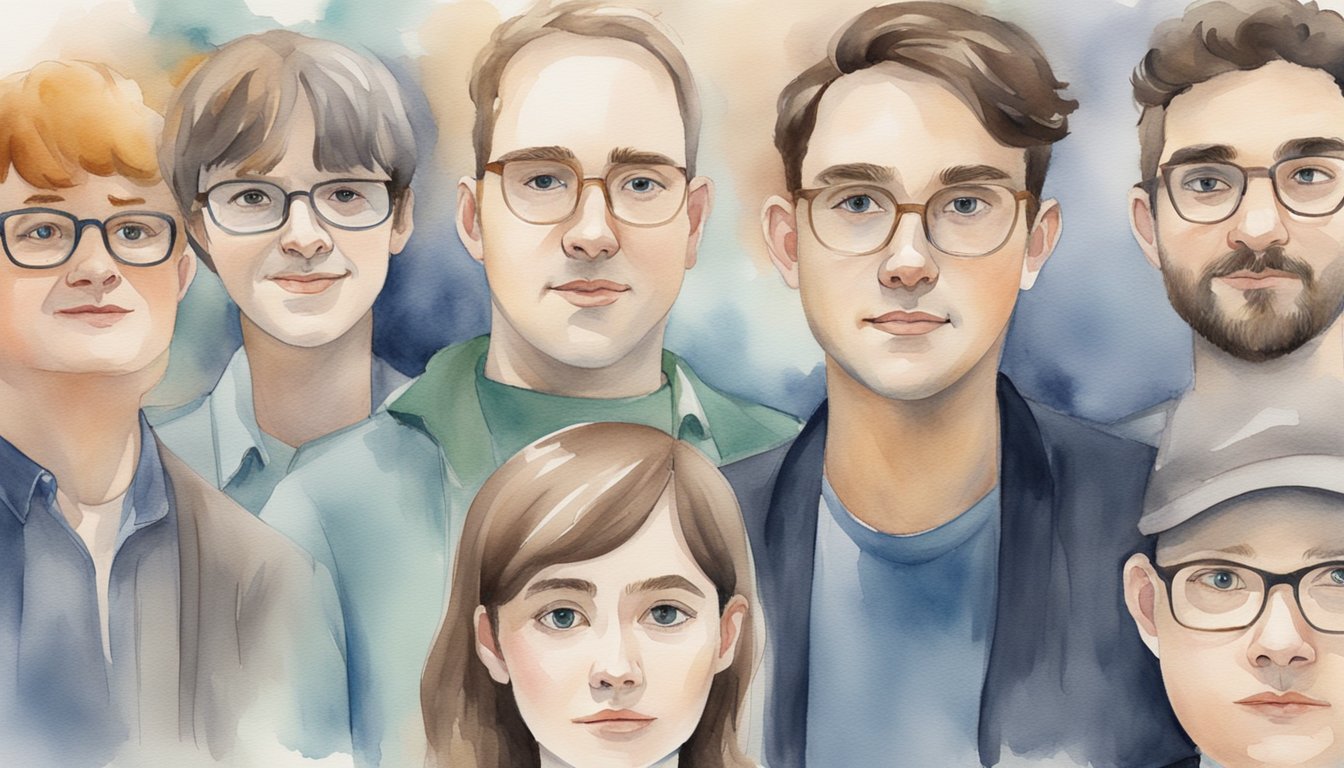Rise in Representation of Autism in Media

Prominent Autistic Actors in the Spotlight
In recent years, there has been a notable increase in the visibility of autistic actors in the entertainment industry. This rise in representation has led to more accurate and authentic portrayals of people with autism spectrum disorder (ASD) in films and television shows. Some of the prominent autistic actors in the spotlight include:
- Mickey Rowe: Mickey is an autistic actor who has earned recognition for his incredible stage performances across the United States.
- Tal Anderson: Tal gained fame for her role as Sid in the popular Netflix TV series, Atypical, which features an autistic protagonist.
- Kayla Cromer: Kayla is an actress known for her starring role in the TV show, “Everything’s Gonna Be Okay,” in which her character also has ASD.
Characters with Autism in Film and Television
The representation of autistic characters in film and television has improved significantly over time. Shows like “Atypical” and “The Good Doctor” have begun depicting autistic characters in more nuanced and accurate ways, featuring characters with unique strengths and challenges. Notable examples include:
- “The Accountant”, a film in which the lead character, played by Ben Affleck, is depicted as having high-functioning autism and incredible math abilities.
- “Please Stand By”, starring Dakota Fanning as a young woman with ASD who embarks on a road trip to enter a screenwriting competition.
- The Marvel Cinematic Universe includes characters like Drax from “Guardians of the Galaxy” and Mantis from “Thor: Ragnarok,” who display autistic traits, mirroring real-life people on the spectrum.
Challenges Faced by Autistic Actors in Hollywood
Despite the rise in representation, autistic actors still face challenges in the Hollywood industry. One of the difficulties is the prevalent practice of casting neurotypical actors to portray autistic characters, which can lead to the perpetuation of stereotypes and take away opportunities from actually autistic actors. Additionally, the industry often fails to provide adequate accommodations for autistic actors that would allow them to perform at their best. Inclusion in the entertainment industry is an ongoing process, with progress still to be made in order to provide equal opportunities for actors on the autism spectrum.
Celebrating Neurodiversity and Acceptance
Influence of Autistic Talent in Various Fields
Autistic individuals have made significant contributions to various fields, including music, film, and television. Talented actors such as Sir Anthony Hopkins and Dan Aykroyd have publicly spoken about their experiences with autism, breaking stereotypes and inspiring others. Many of these actors have used their talents to raise awareness about autism and the importance of embracing neurodiversity.
In music, musicians with autism such as Matt Savage, Tony DeBlois, and Susan Boyle have shared their gifts with the world, demonstrating that individuals with ASD can make extraordinary contributions to the arts. Some of history’s most renowned creative minds, such as Albert Einstein, Emily Dickinson, and Andy Warhol, are believed to have been on the autism spectrum.
Advocacy for Autism Awareness and Acceptance
Celebrities with autism have used their fame to help increase public understanding of the condition. For example, actress Daryl Hannah has discussed her experiences with autism in various interviews, explaining how she has faced challenges in her career due to the condition. Actor Wentworth Miller also openly talks about his ADHD and autism diagnoses, helping to challenge misconceptions and raise awareness about the unique abilities of neurodiverse individuals.
In addition to raising awareness, many autistic actors have taken on roles that accurately portray autism onscreen. For instance, Kayla Cromer, who has autism, stars in the television show “Everything’s Gonna Be Okay” on Freeform, playing an autistic character with authenticity. Similarly, Coby Bird, an autistic actor, appeared in an episode of “The Good Doctor” to portray a character with autism.
By showcasing the talents and abilities of autistic individuals, these actors and performers help to dispel myths, promote acceptance, and celebrate neurodiversity. In doing so, they encourage society to better understand and support the autism community, paving the way for future generations of autistic actors and artists to thrive.

